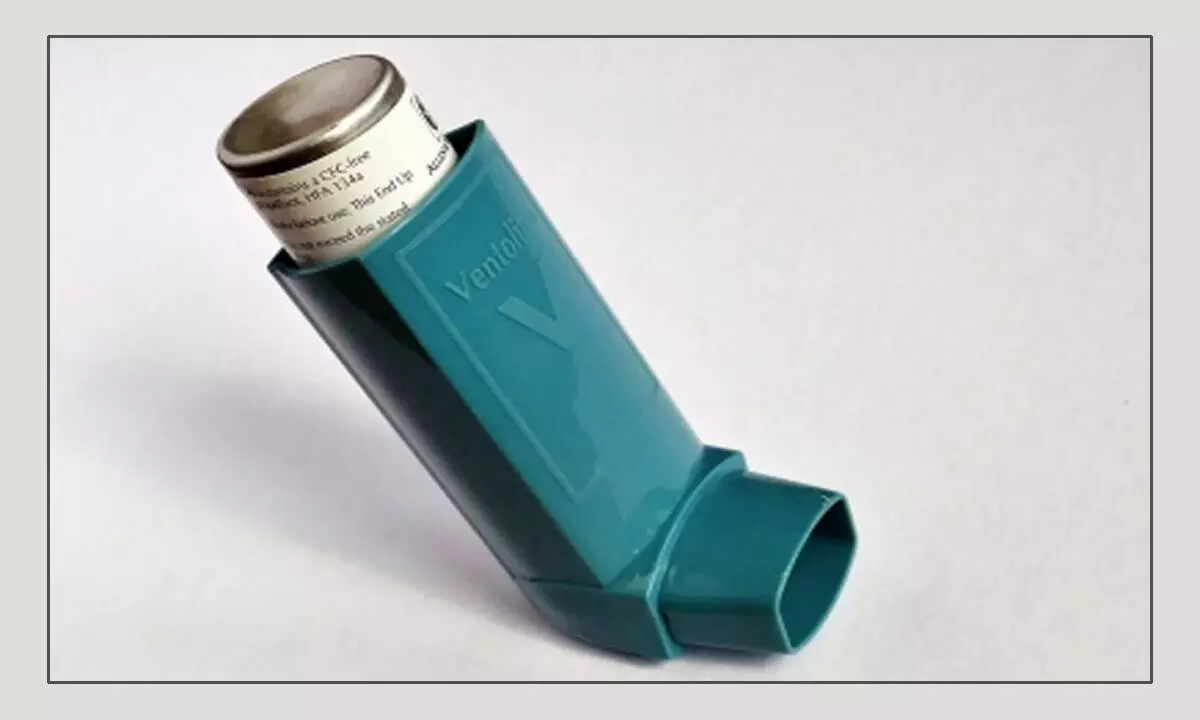Women more likely to have asthma attacks, deaths than men: Report

Women more likely to have asthma attacks, deaths than men: Report (Photo/IANS)
Women with asthma who are going through puberty, pregnancy or are menstruating, are at higher risk of severe asthma attacks and deaths due to the lung disease, according to a report.
London: Women with asthma who are going through puberty, pregnancy or are menstruating, are at higher risk of severe asthma attacks and deaths due to the lung disease, according to a report.
The study -- conducted by a non-profit Asthma and Lung UK -- highlights that female hormones can trigger asthma flare-ups, BBC reported.
The findings calls for more research to examine the sex-related differences in the common lung condition.
Asthma is a condition in which the airways narrow, swell and may produce extra mucus, making breathing difficult. It is characterised by wheezing, breathlessness, tightness in chest, and coughing.
There are about 136 million women worldwide who suffer from asthma. The report showed that more than 5,100 women have died from an asthma attack, compared with under 2,300 men over the past five years in the UK.
It noted that many people were unaware that fluctuations in female sex hormones can cause asthma symptoms to flare up or even trigger life-threatening attacks.
"Asthma tends to be overlooked or dismissed," Dr Samantha Walker, director of research and innovation at Asthma and Lung UK, was quoted as saying.
In childhood, asthma is more prevalent and severe in boys. However, after puberty, the situation reverses, and asthma becomes more prevalent and severe among women, the report said.
The charity said the current "one size fits all" approach to asthma treatment is "not working" because it does not take into account the impact that female sex hormones during puberty, periods, pregnancy and menopause can have on asthma symptoms and attacks.
More must be done to tackle the "stark health inequality", it added.
"Gaps in our knowledge are failing women, leaving them struggling with debilitating asthma symptoms, stuck in a cycle of being in and out of hospital and in some cases, losing their lives," Sara Woolnough, chief executive of Asthma + Lung UK, was quoted as saying.
"There is not enough research into why women are more likely to be hospitalised and die from asthma and what treatments, new and existing, could help women," added Mome Mukherjee, researcher at the University of Edinburgh.

















